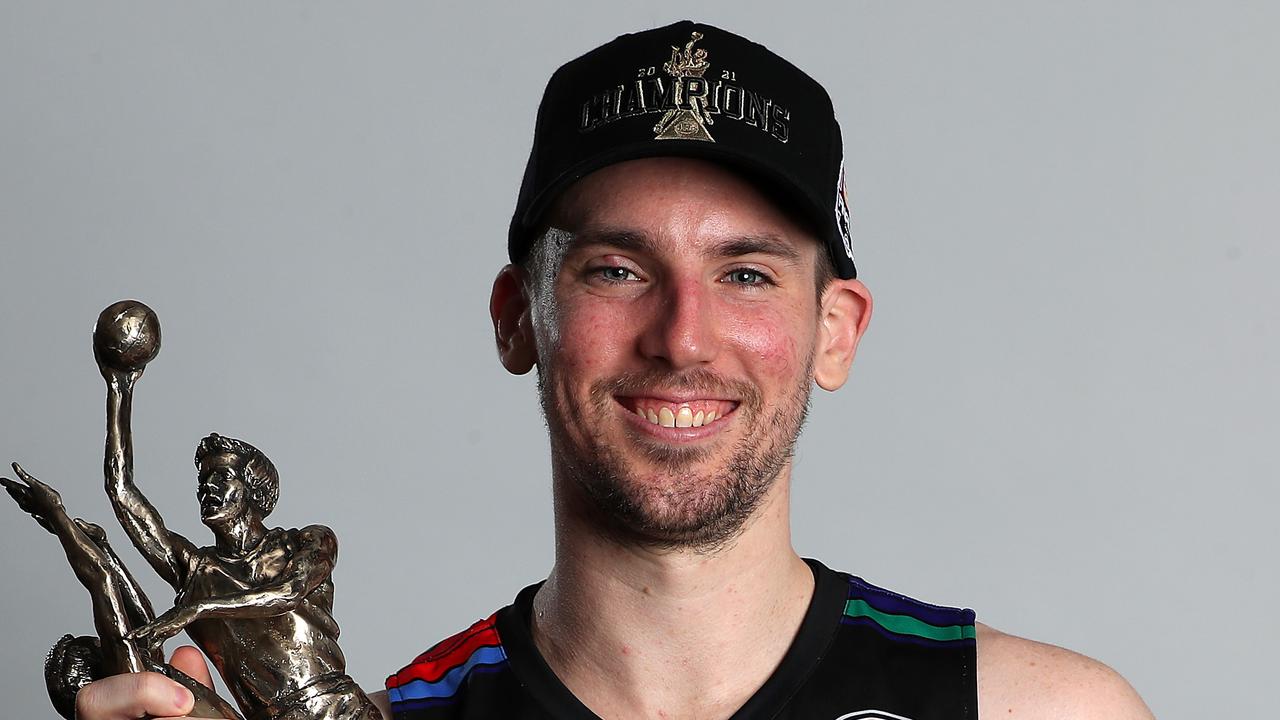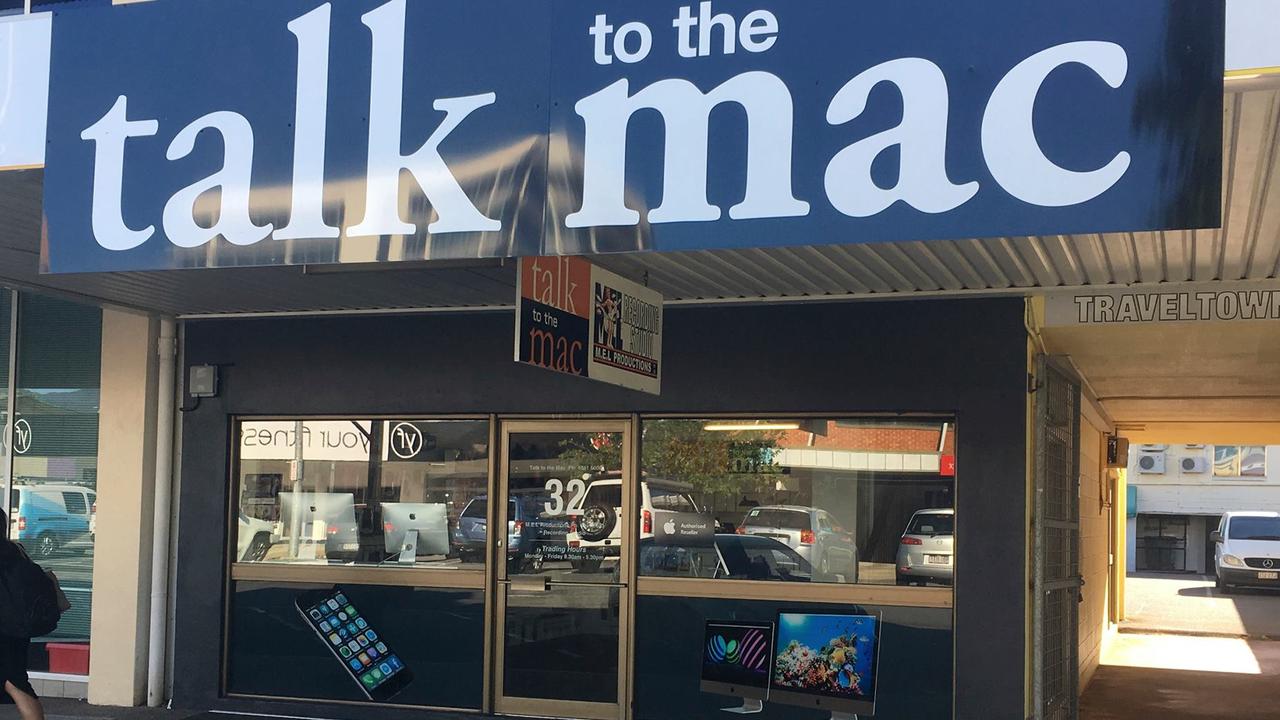iPhones to collect data for medical research
Apple's ResearchKit app turns the iPhone into a research tool that collects and collates data from sufferers who could share it with medical research bodies.
iPhones to collect data for medical research

Apple Vice President of Operations, Jeff Williams, discusses ResearchKit during an Apple event in San Francisco. Source: AP
Apple has adapted the iPhone as a research tool that collects and collates data from sufferers who could share it with medical research bodies.
Now anyone with an iPhone could contribute to projects such as Parkinson’s disease research, Apple said at a launch in San Francisco today.
Apple said its new ResearchKit app was an open source software framework designed for medical and health research, helping doctors and scientists gather data more frequently and more accurately from participants using iPhone apps.
It announced that world-class research institutions had already developed apps with ResearchKit for studies on asthma, breast cancer, cardiovascular disease, diabetes and Parkinson’s disease.
Users could decide if they wanted to participate in a study and how their data is shared.
“iOS apps already help millions of customers track and improve their health. With hundreds of millions of iPhones in use around the world, we saw an opportunity for Apple to have an even greater impact by empowering people to participate in and contribute to medical research,” said Jeff Williams, Apple’s senior vice president of Operations.
“ResearchKit gives the scientific community access to a diverse, global population and more ways to collect data than ever before.”
He said that in the case of Parkinson’s disease, the phone could detect and measure hand tremors, analyse voice or measure gait and balance when walking, collect and send data.
On privacy, Mr Williams said users could decided what data to share and where it is restricted, Appler would not see a user’s data. Research Kit would be open source and the first five research apps would be available from today.
Developed by the Icahn School of Medicine at Mount Sinai and LifeMap Solutions, the Asthma Health app would promote asthma patient education and self-monitoring, promote positive behavioural changes and reinforce adherence to treatment plans according to current asthma guidelines.
The Share the Journey app was a research study that aimed to understand why some breast cancer survivors recover faster than others, why their symptoms vary over time and what can be done to improve symptoms.
Developed by Stanford Medicine, the MyHeart Counts app measured activity and uses risk factor and survey information to help researchers more accurately evaluate how a participant’s activity and lifestyle relate to cardiovascular health.
Meanwhile Massachusetts General Hospital had developed the GlucoSuccess app to understand how various aspects of a person’s life - diet, physical activity and medications - affected blood glucose levels.
The app could also help participants identify how their food choices and activity related to their best glucose levels, letting them see correlations and take more active roles in their own wellbeing.
This story was first published in The Australian Business Review


